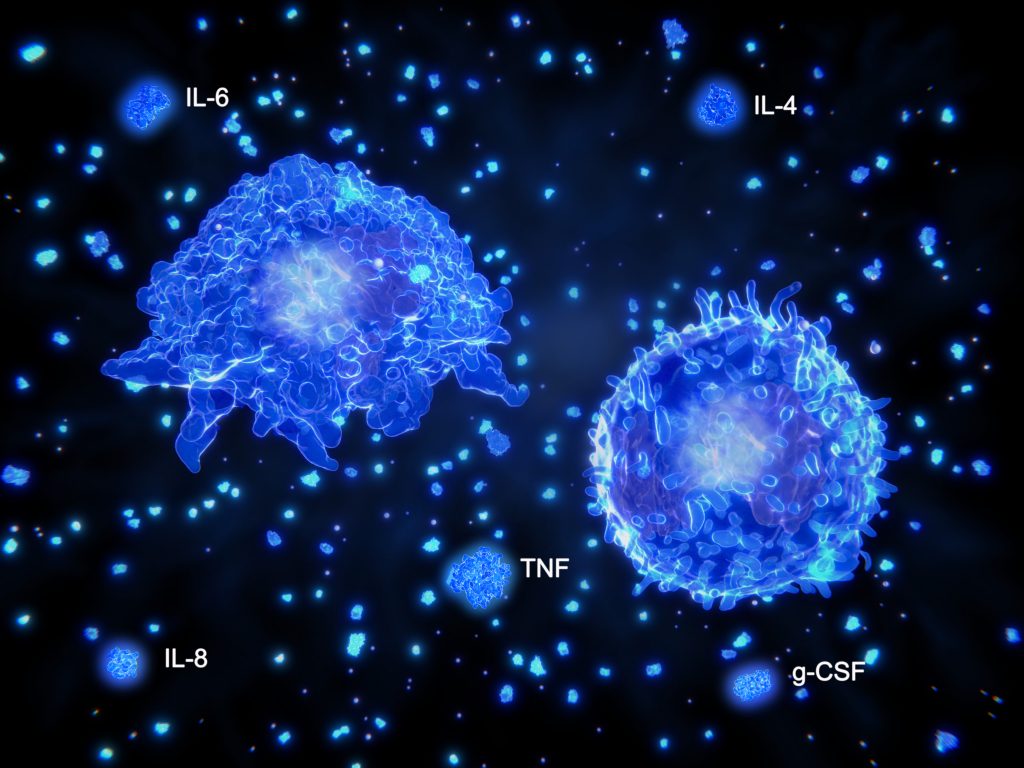
As the COVID-19 cytokine storm brews in our bodies, the severity and location of the damage remains uncertain. However, exciting new findings from a storm chasing team led by Iwijn De Vlaminck (Cornell University) show that cell-free DNA (cfDNA) methylation profiles can track the affected organs and severity of COVID-19 damage in patients.
Although we’ve seen that DNA methylation contributes to the severity and multi-organ system damage caused by COVID-19, these recent findings make use of DNA methylation in a different manner. This involved taking advantage of the fact that DNA from dying cells enters the blood stream as cfDNA, which allows the tissue of origin to be identified by examining for cell type specific DNA methylation profiles in patient blood (plasma) samples (aka liquid biopsy). In order to chase the COVID-19 storm, the team collected plasma samples from 2 independent cohorts from 2 different hospitals in North America for a total of 104 samples from 33 COVID-19 patients. They then used whole genome bisulfite sequencing (WGBS) to profile cfDNA methylation in COVID-19 infected patients and compared to patients infected with other RNA viruses and healthy patients. Here’s what they caught:
- The liver, lung, and kidney show the most COVID-19-associated damage
- COVID-19 patients also have strikingly higher levels of red blood cell precursor cfDNA in their bloodstream
- The total amount of cfDNA found in COVID-19 patients correlates to the degree of severity of the infection
- Higher levels strongly associate with intensive care admission and mechanical ventilation requirement
Now that we know that cell-free DNA can be used to chase the COVID-19 storm and gain insight into the severity and affected organs, it could be developed into a practical and effective biomarker to monitor infections and predict patient outcomes. Ultimately, liquid biopsy of COVID-19 patients could allow health care providers to take action before irreparable damage is done.
Go see how cfDNA can chase the COVID-19 storm over at Med, January 2021




